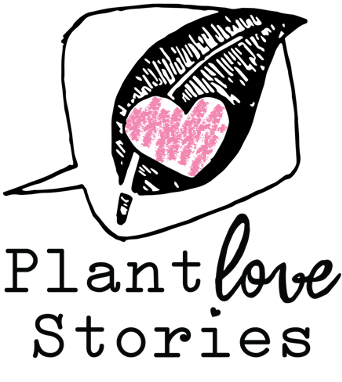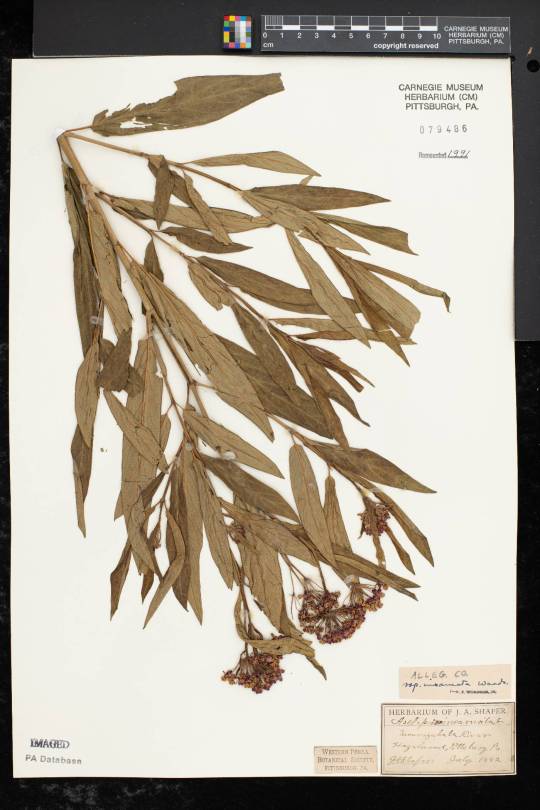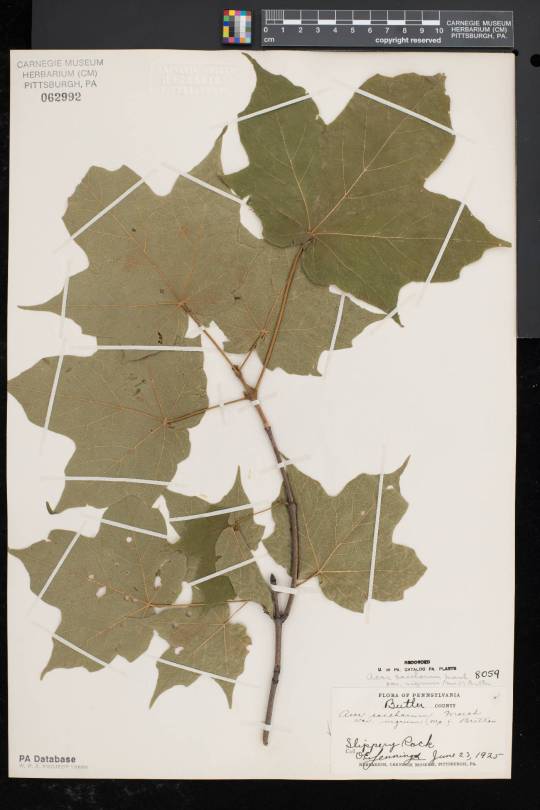Feeling a little extra thankful for spring blooms? Taking extra care of your house plants? Urge to garden a little stronger than usual? People in Pittsburgh and across the US are turning to plants to find solace and a connection to nature this spring of COVID-19. Of course, people have always been drawn to plants, but this spring is different. If you’re not able to garden or are looking for some plant-y inspiration, look no further than PlantLoveStories.com. This is a project started in 2018 by a group of young women conservation scientists–including Dr. Sara Kuebbing, a professor at Pitt and collaborator with CMNH’s Mason Heberling, and me, a science communication fellow in the CMNH Anthropocene Section. At the site you’ll find first-hand stories about how plants have shaped people’s lives along with a sincere invitation for you to share a plant-based story of your own.

In the museum’s Anthropocene Section we believe that storytelling, emotions, and personal connections are keys to connecting with the public, communicating science, and empowering people to act. Plant Love Stories is a great example of these principles. Plant Love Stories was founded on the idea that plants tend to blend into the background and the public pays less attention to them than animals. We thought the public sharing of personal plant connections might lead, down the road, to greater awareness and funding for plant conservation.
The Plant Love Stories website is a blog, a collection of stories submitted by the public about the role of plants in shaping our lives, relationships, and, in a recent post involving swamp milkweed, resilience during the pandemic.

A number of Plant Love Stories have western PA roots (pun intended). We have a few stories written by Dr. Kuebbing’s Pitt students, including “Learning to Look Up” by Swapna Subramanian and “Fidel and the Hopeless, No-Good, Super Sad Raspberry Bush” by Fidel Anderson. I have posted two Plant Love Stories linked to Indiana County, where I grew up: one I wrote about how I did not break my brother’s arm (really, it wasn’t my fault), and one my aunt wrote about her grandmother, my great-grandmother, teaching her how to cook pokeweed. We also have a human love story from Butler County featuring flowering maple trees.

Whether you’re planting your biggest ever vegetable garden, tending a single tomato plant, or reading accounts posted on Plant Love Stories, try some plant love to help you get through this difficult time.
Bonnie McGill is a science communication fellow in the CMNH Anthropocene Section. Museum staff, volunteers, and interns are encouraged to blog about their unique experiences and knowledge gained from working at the museum.
